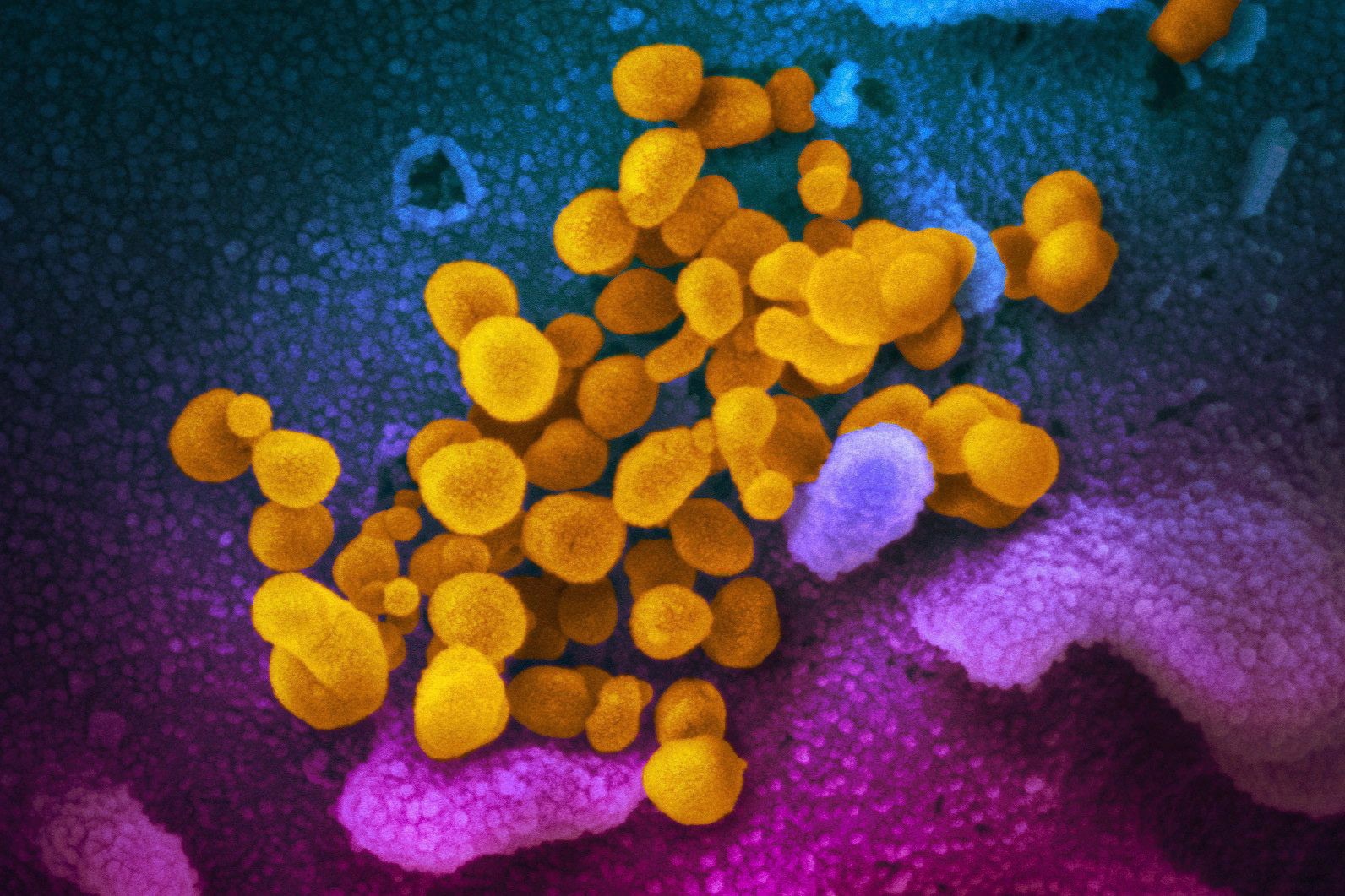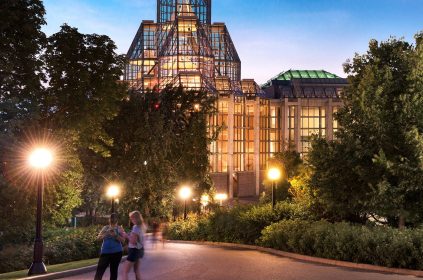OTTAWA — A Canadian company is telling the government today that its trials of a potential COVID-19 vaccine on animals completely blocked the virus, but it must conduct human trials to know whether it has found a possible cure for the pandemic.
And a leading health-care expert says the findings are promising even though they haven’t been peer-reviewed.
Providence Therapeutics says it needs federal funding to move forward, but it has not heard back from the Trudeau government since May, the month after submitting a $35-million proposal to conduct first-stage human trials.
Providence has told the government it could deliver five million doses of its new vaccine by mid-2021 for use in Canada if it were able to successfully complete human testing, but it has heard nothing.
Eric Marcusson, the San Francisco-based co-founder of Providence and its chief science officer, says the company has concluded testing on mice that showed its vaccine was able to block the entry of the novel coronavirus into their cells.
Successful tests in animals can provide proof of the concept behind a potential new medicine or vaccine before trials in ever-larger groups of human subjects determine how well the drug works in the body and whether it has harmful side-effects.
Trials in humans are expensive and usually time-consuming.
Mario Ostrowski, the University of Toronto professor of medicine and immunology whose laboratory performed the animal trials, said he supports the results and says they are on par with tests of vaccine candidates from the American pharmaceutical firm Moderna and Germany’s BioNTech.
All three companies use the same new mRNA vaccine technology and last week, Moderna began a 30,000-person human trial after receiving hundreds of millions of dollars from the U.S. government.
The U.S. has also committed to pay Germany’s BioNTech and its American partner Pfizer $1.95 billion to produce 100 million doses if their vaccine candidate proves safe and effective in humans.
The mRNA vaccine technology involves using a key fragment of genetic material instead of working with an inactive sample of live virus.
“We have been testing the prototype vaccine in animal studies,” Ostrowski told The Canadian Press. “When we give the vaccine to mice, it is safe and makes a very strong immune response and very potent antibodies.”
Ostrowski said that the strength of the antibodies found in the mice appeared to neutralize the virus better than other similar vaccine candidates have at the same testing stage.
“Another point is that the Providence vaccine is very similar to the Moderna vaccine in the U.S. and the German (BioNTech) vaccines, both showing excellent results,” added Ostrowski, who practices at St. Michael’s Hospital in Toronto.
Brad Wouters, the executive vice-president of the Toronto-based University Health Network, said he has seen the new Providence data and it looks promising, but it needs to be peer-reviewed.
“The fact that the vaccine has created neutralizing antibodies means that the mouse immune system is reacting to the vaccine and producing antibodies that block the ability of the virus to infect cells,” Wouters said in an emailed response to questions.
“This suggests the results are better than even they were expecting.”
But Wouters added that the Providence data needs a full peer review, and that under normal circumstances he wouldn’t even be commenting publicly on research at this stage unless it were accompanied by a published peer review.
“This is the normal and correct way for this to happen. But as you have seen, COVID-19 is breaking traditions and they (Providence) are certainly not the first to release information from experimental research in advance of publication,” said Wouters, who is also the senior scientist at the Princess Margaret Cancer Centre.
Alberta Sen. Doug Black has urged Ottawa to fund Providence so it can develop a domestic COVID-19 vaccine to lessen the risk Canadians will have wait in line for a foreign-made pandemic cure.
Several health-care professionals have also written to Innovation Minister Navdeep Bains to urge him to make up his mind on the Providence proposal.
The company plans to release the results publicly on Wednesday at the same time it delivers them to several relevant government departments.
“We’re still blocking the virus 100 per cent. Nothing gets in,” Marcusson said in a telephone interview from San Francisco, where he has been living in lockdown since March as the pandemic exploded in California.
“There’s no doubt this vaccine needs to be tested in humans because the results in mice are really that exceptional. This has the chance to be an extremely effective vaccine, but we won’t know for sure until we get into humans,” he said.
Marcusson is a 20-year veteran of the American biotechnology sector and had founded his own consultant business before meeting Providence chief executive Brad Sorenson in 2014. The two founded Providence in 2015 to develop cancer vaccines but it has pivoted to COVID-19. Marcusson said 20 per cent of his work remains outside the company as a consultant.
Black and several health experts say the government must move forward with a made-in-Canada vaccine because there have been troubling signs that a vaccine produced abroad likely wouldn’t be available to Canadians until much later.
Canada has already funded a the partnership between China’s CanSino Biologics and Dalhousie University in Nova Scotia but China has held up shipments of the vaccine that it was supposed to send to Dalhousie researchers by the end of May to start human trials.
“They’ve already been burned a couple of times with masks not getting across the border from the U.S. and a vaccine that they helped fund not getting into the country because it was held up at customs in China,” said Marcusson.
“So, this is a vaccine that can be made in Canada for Canadians,” he added. “It would be nice if that wasn’t important, but it is important, and they need to realize this and fund a Canadian solution to this problem.”
This report by The Canadian Press was first published Aug. 5, 2020.
Mike Blanchfield, The Canadian Press















